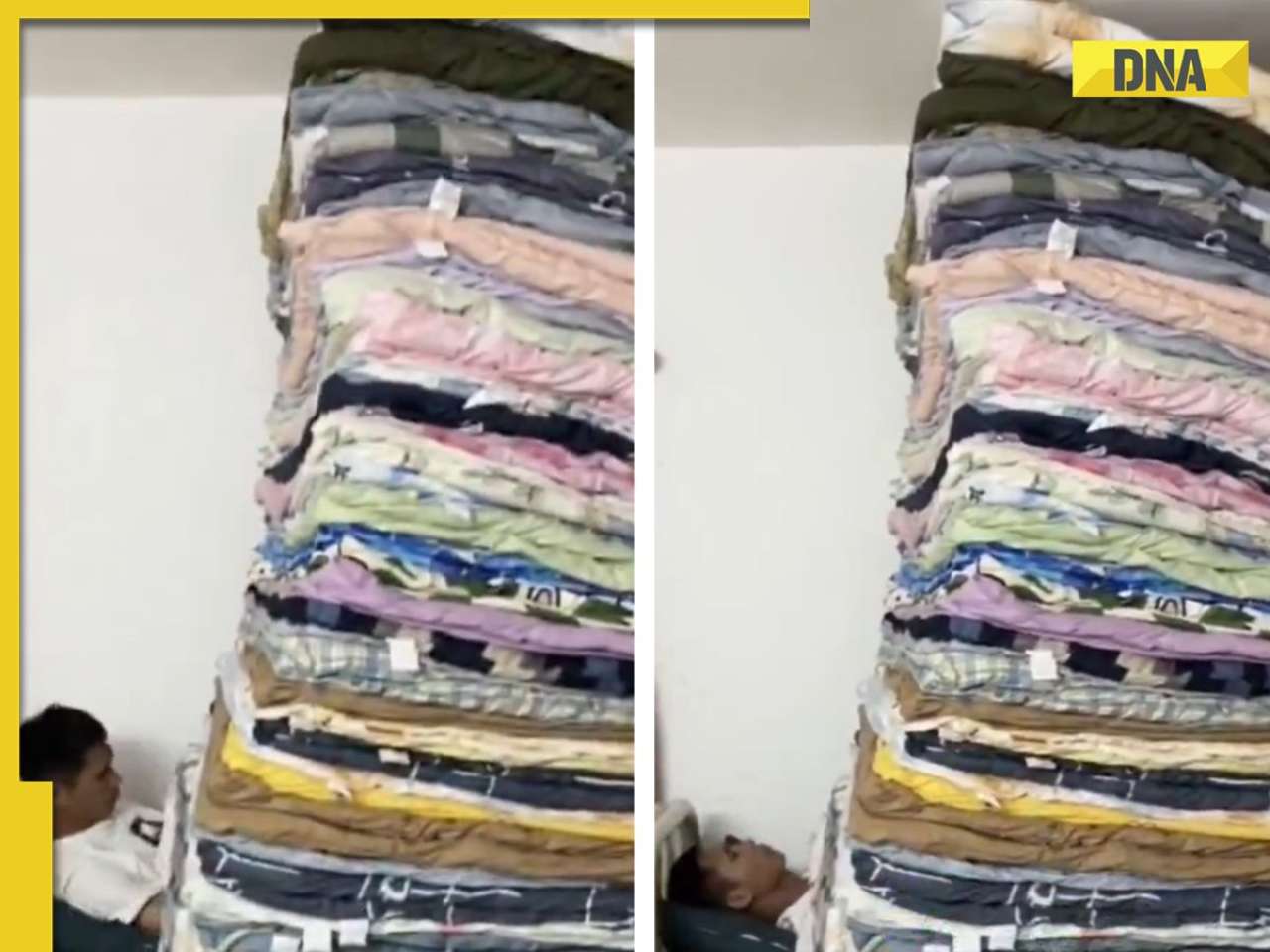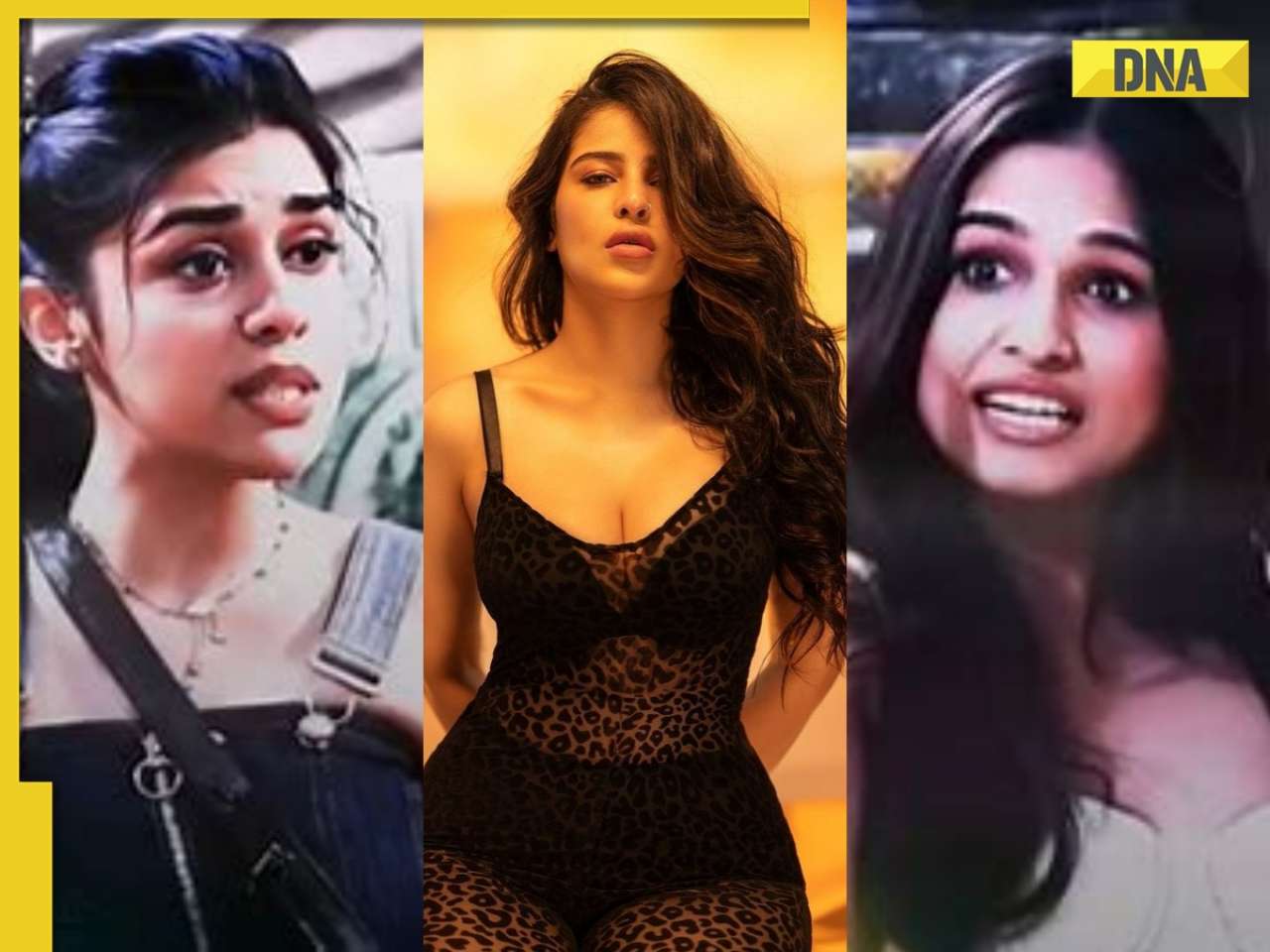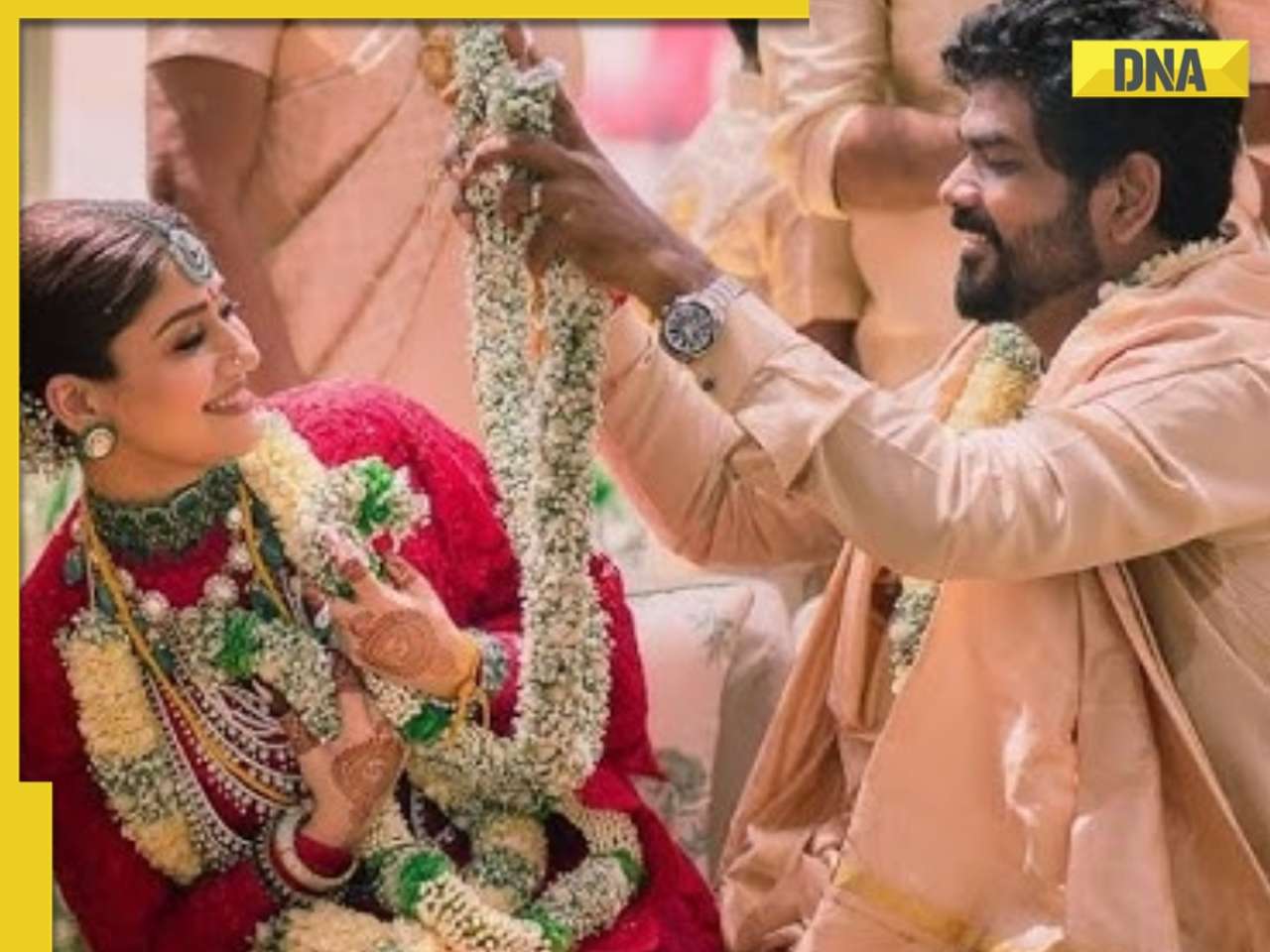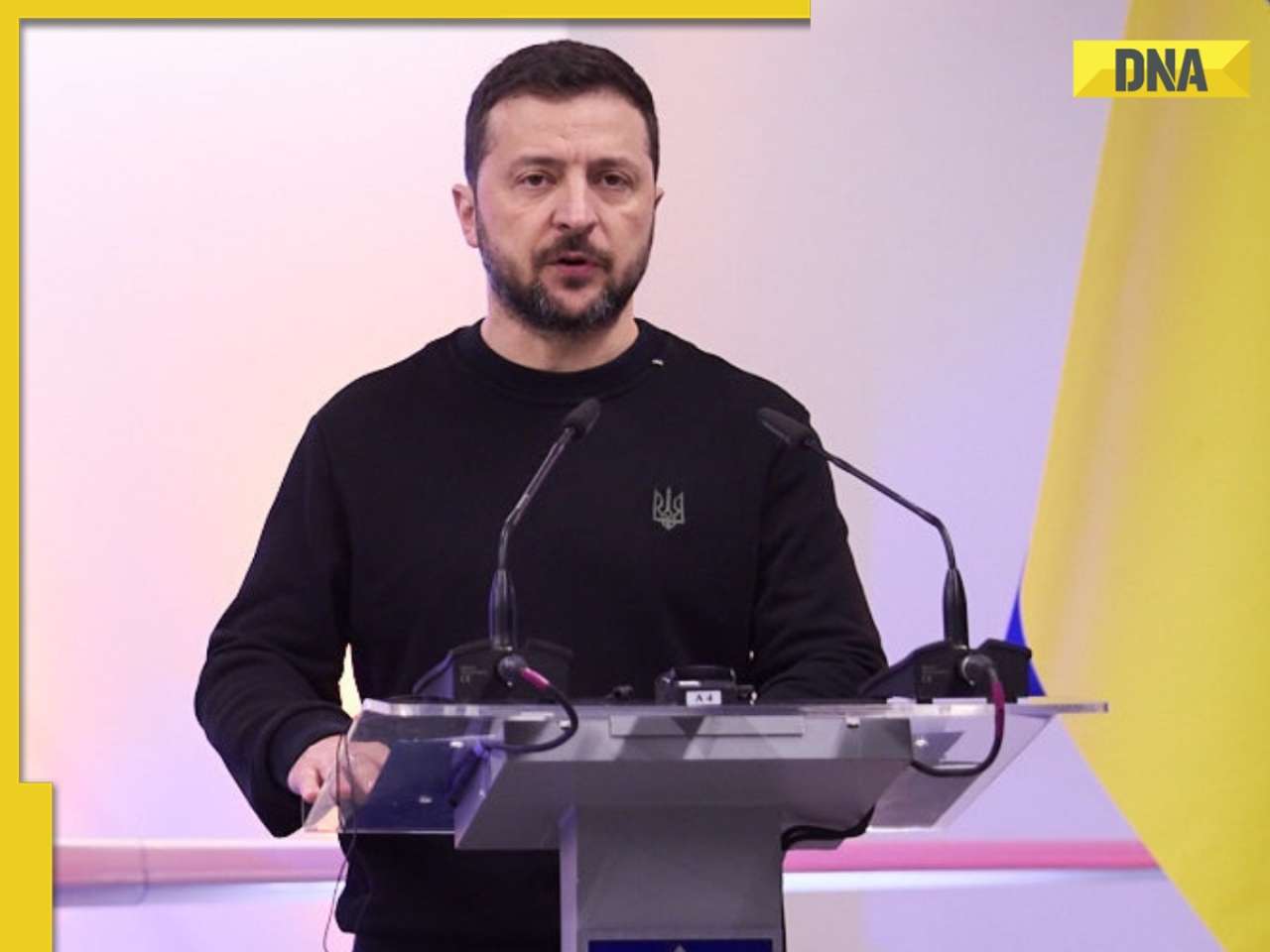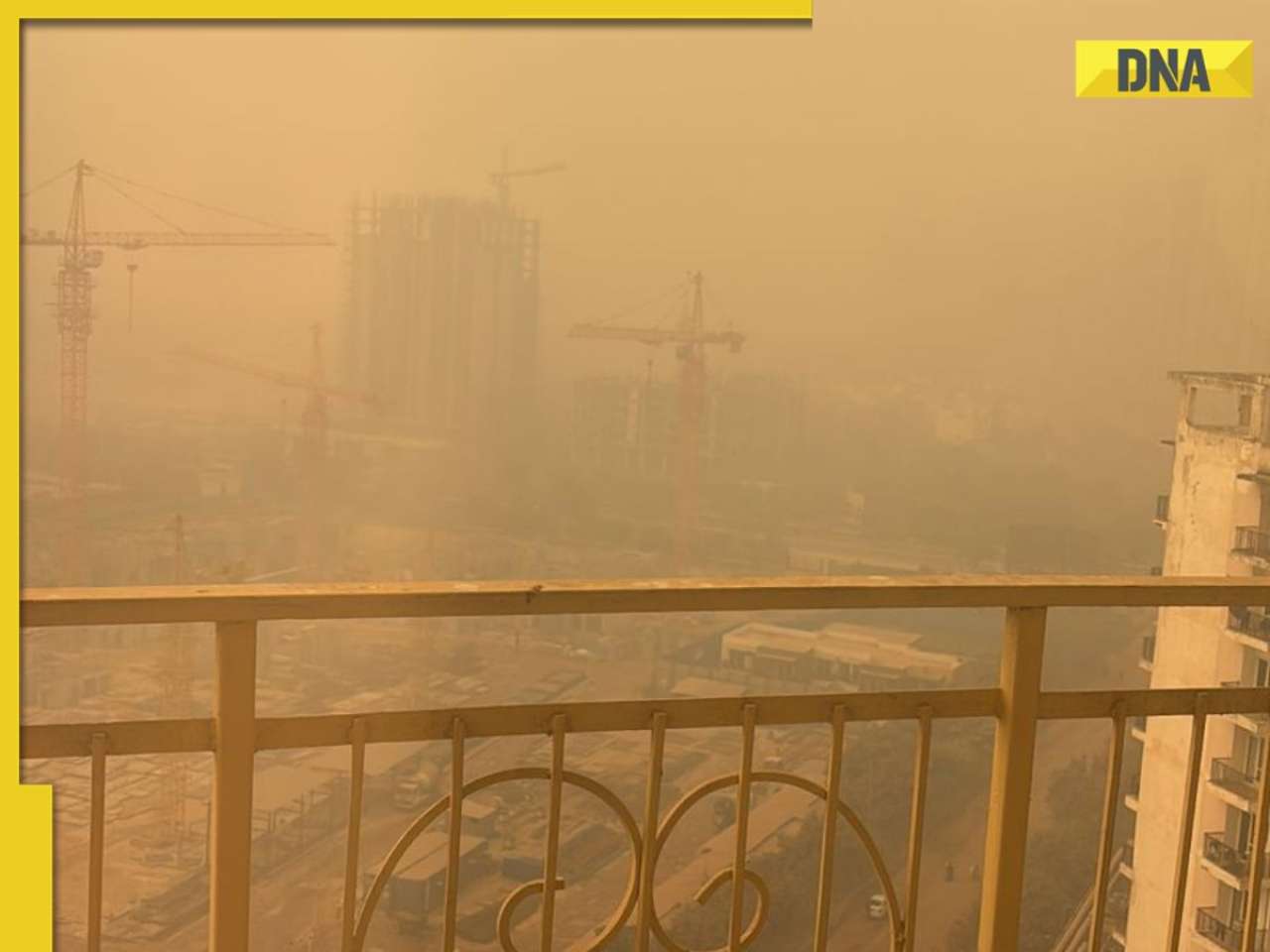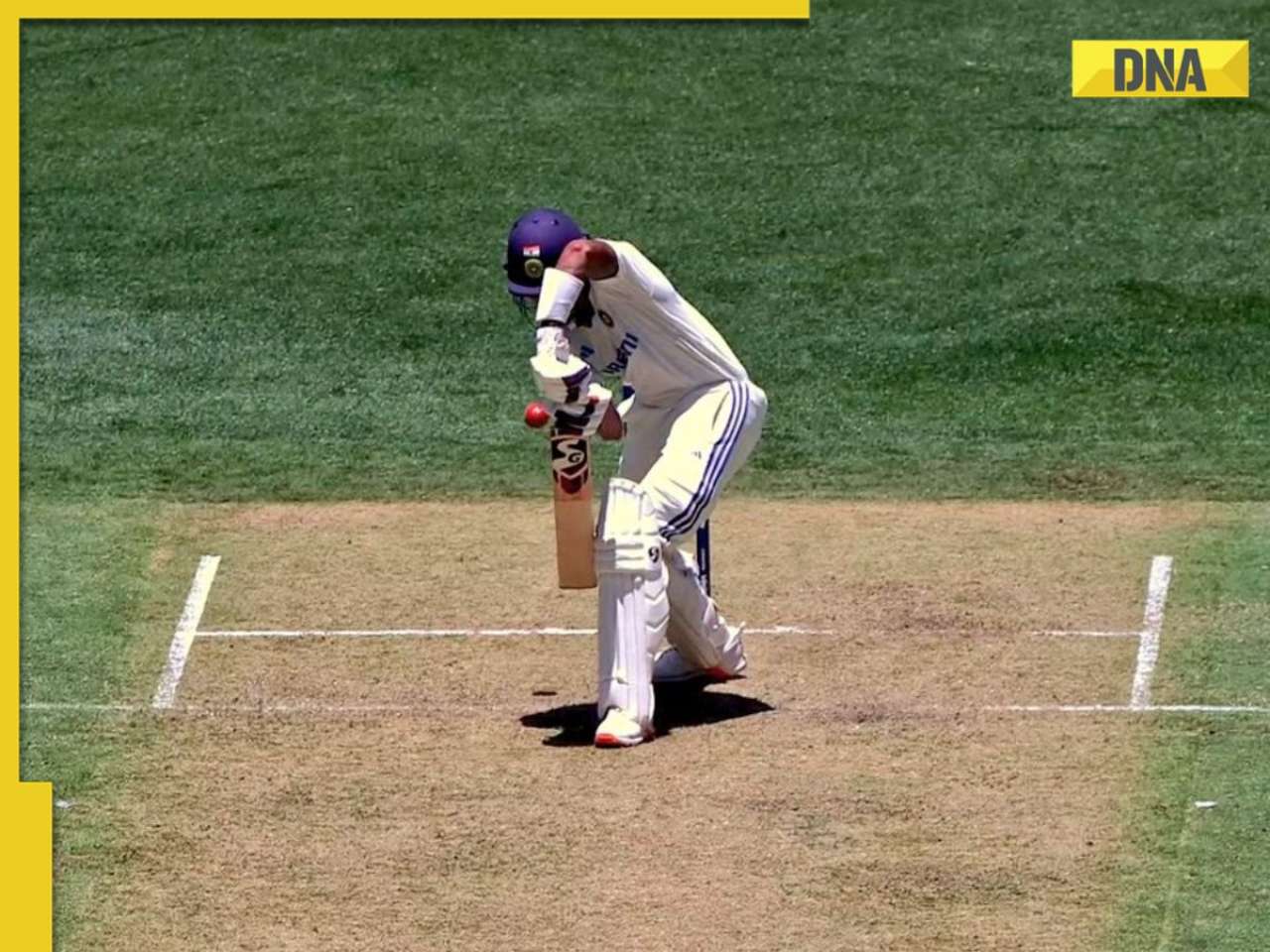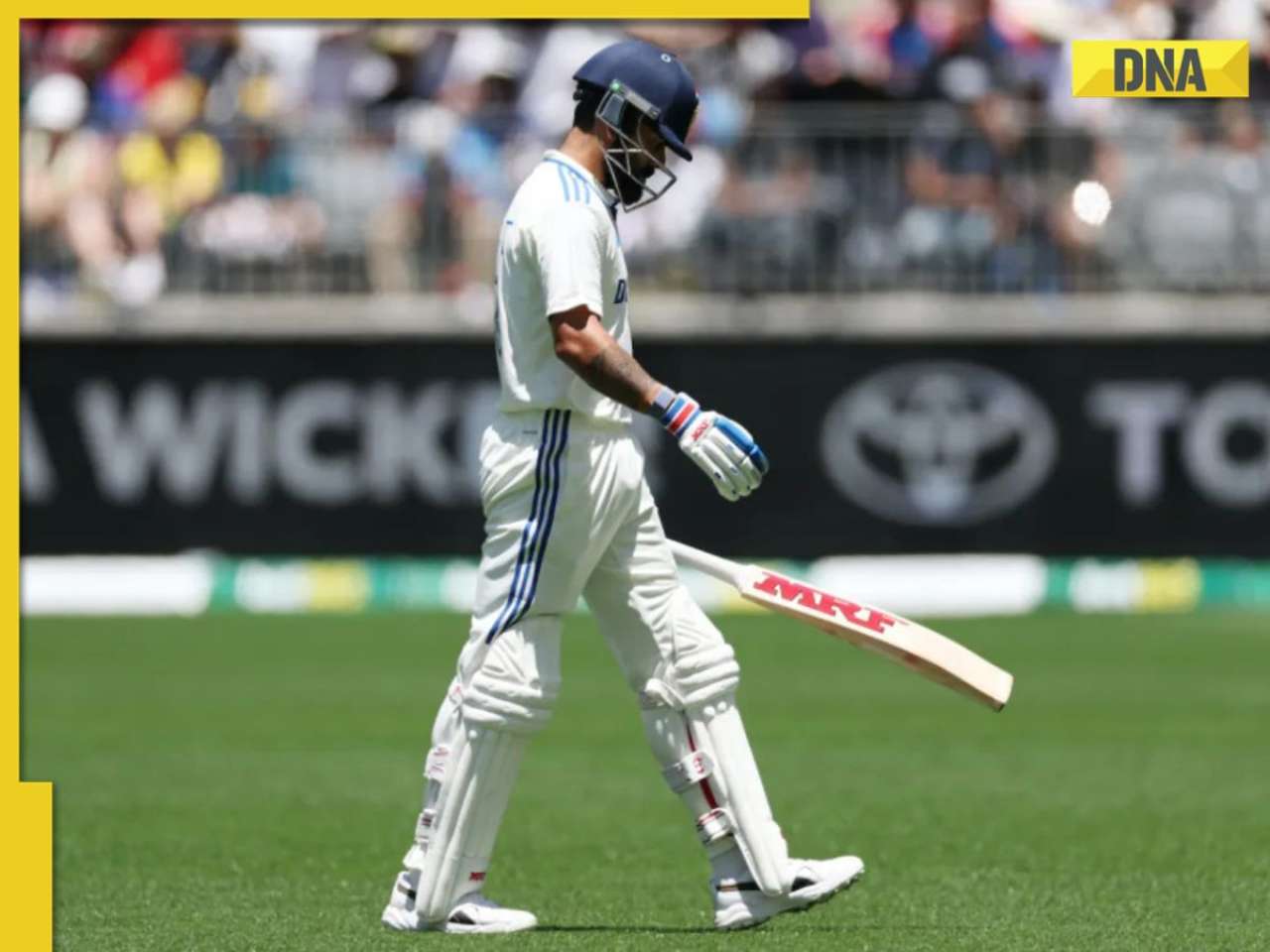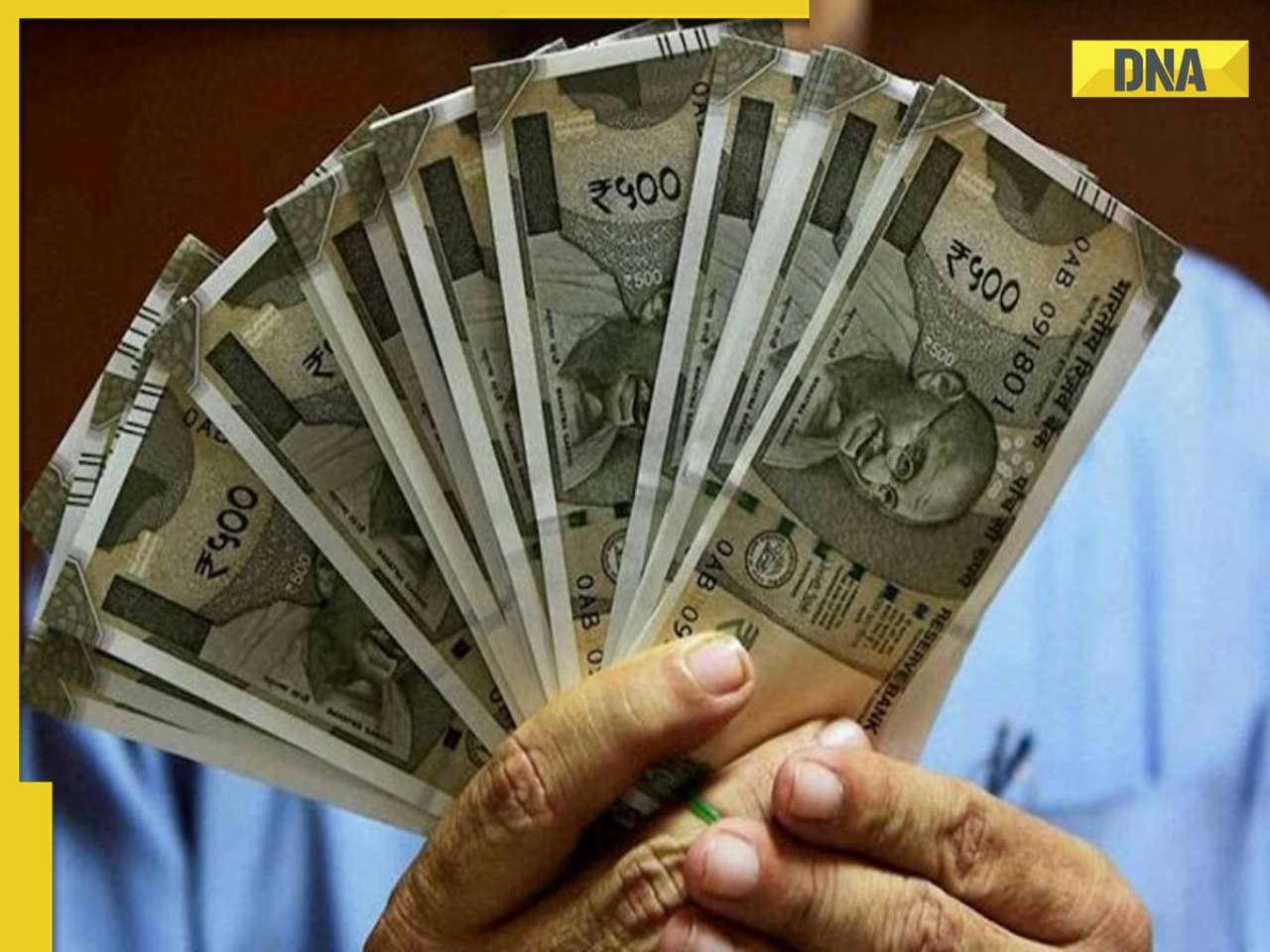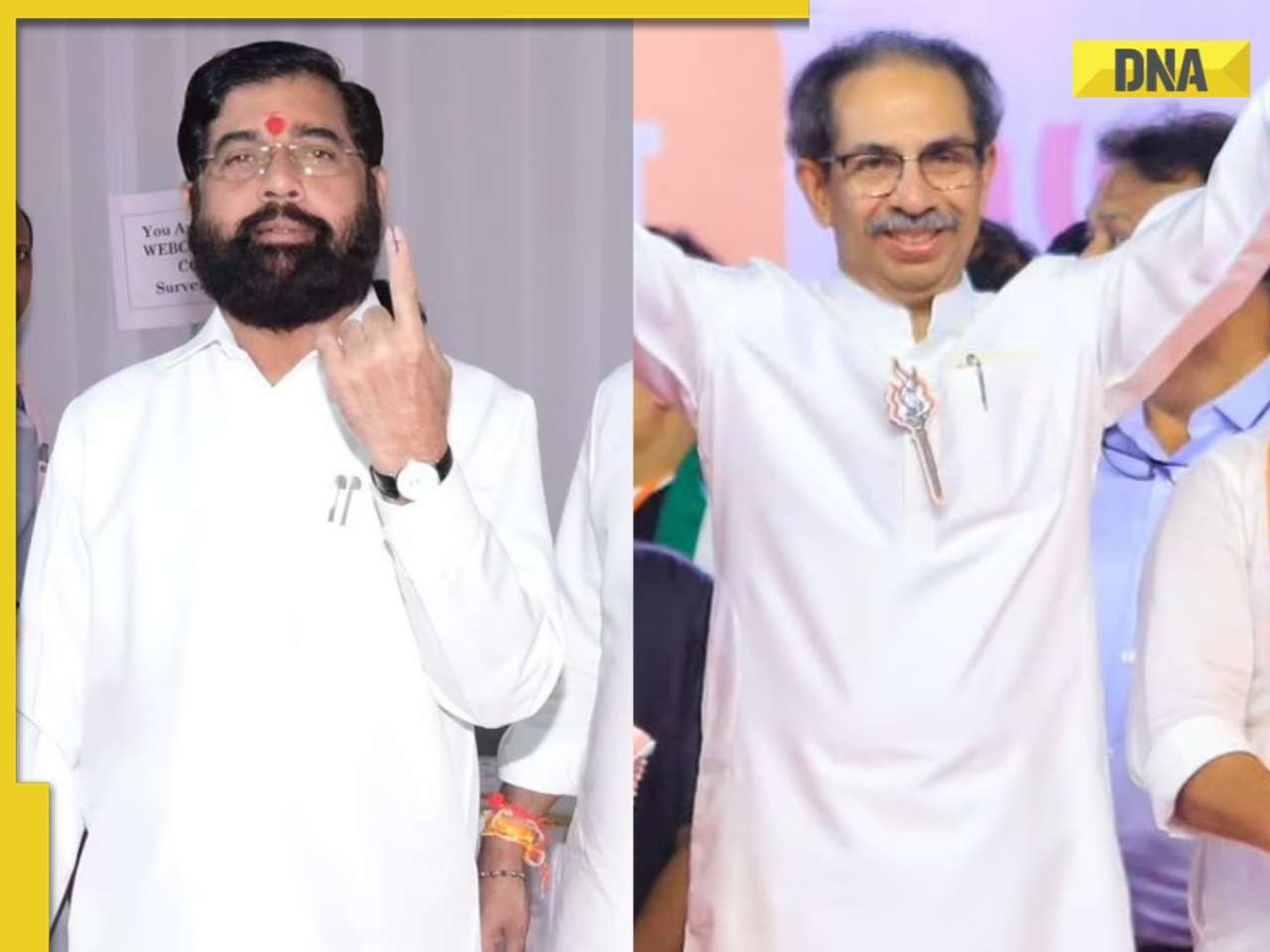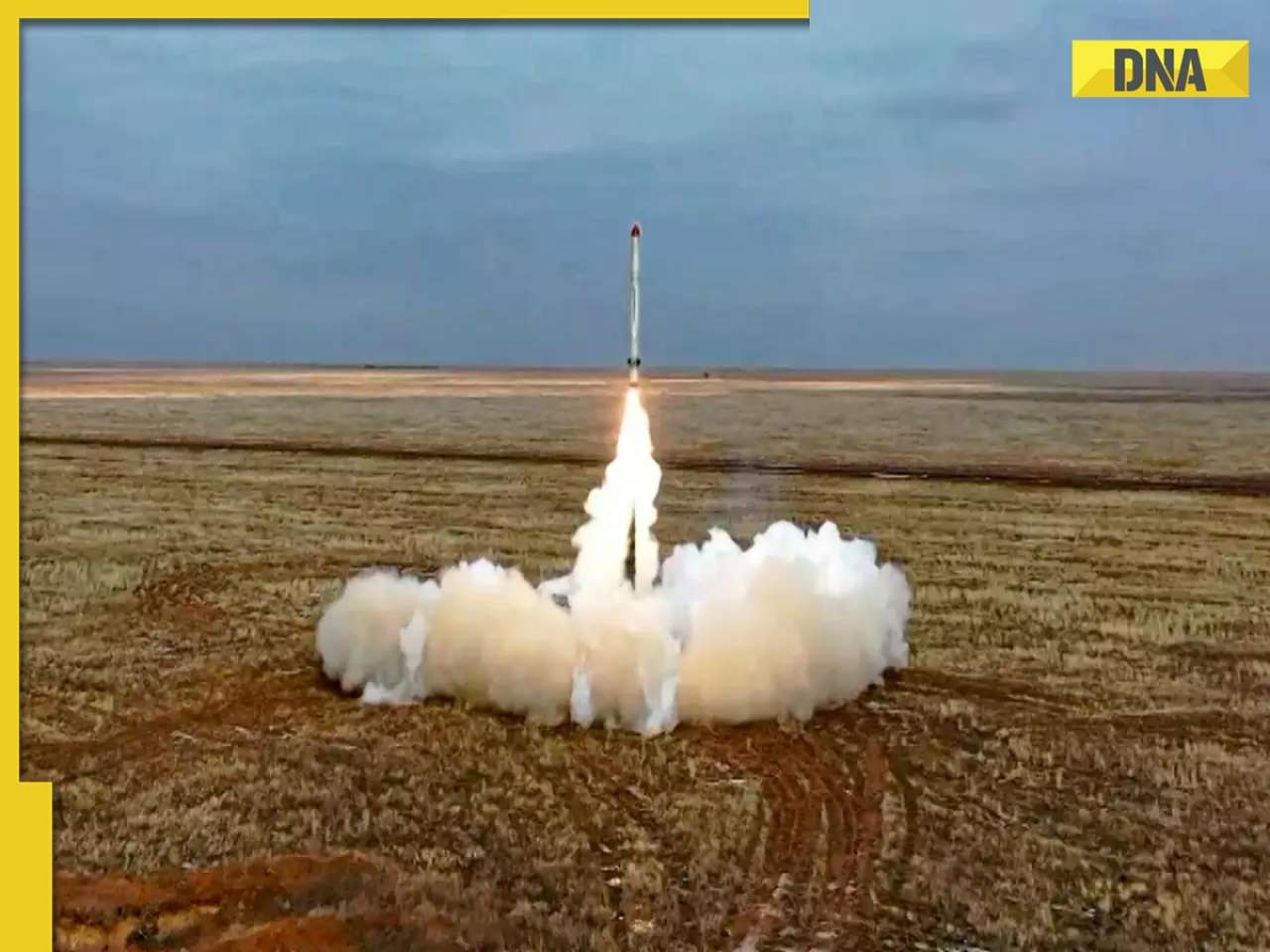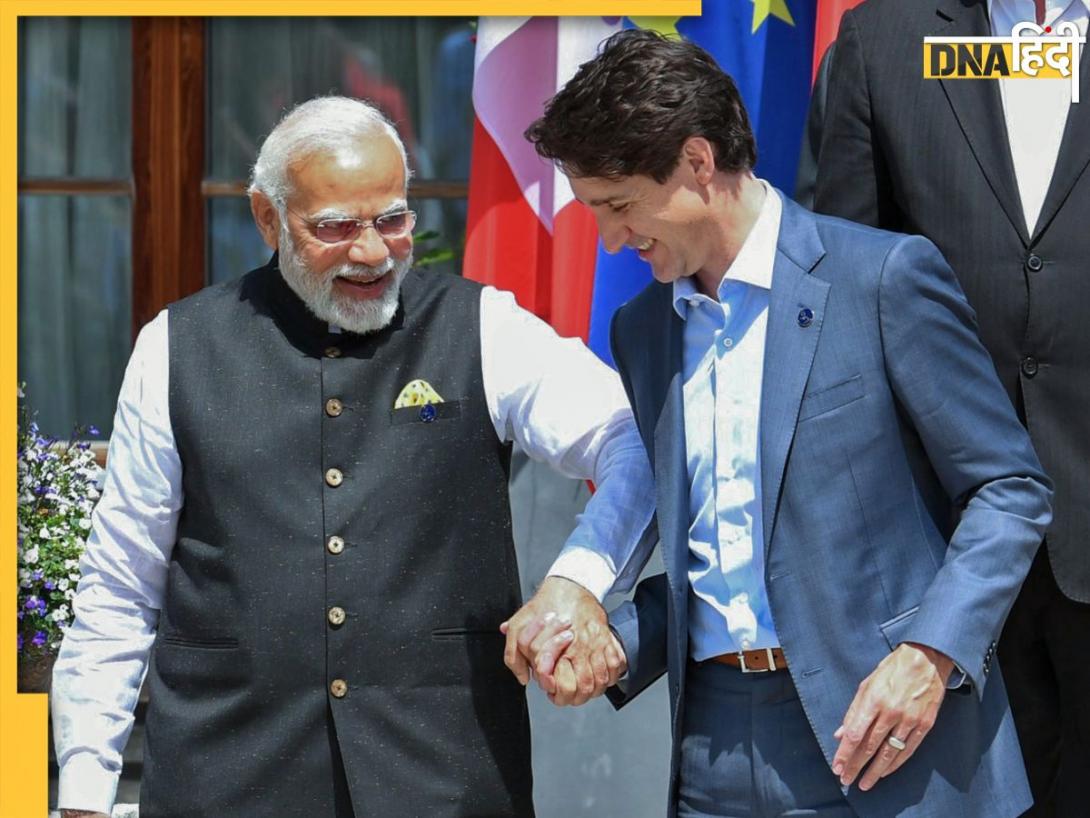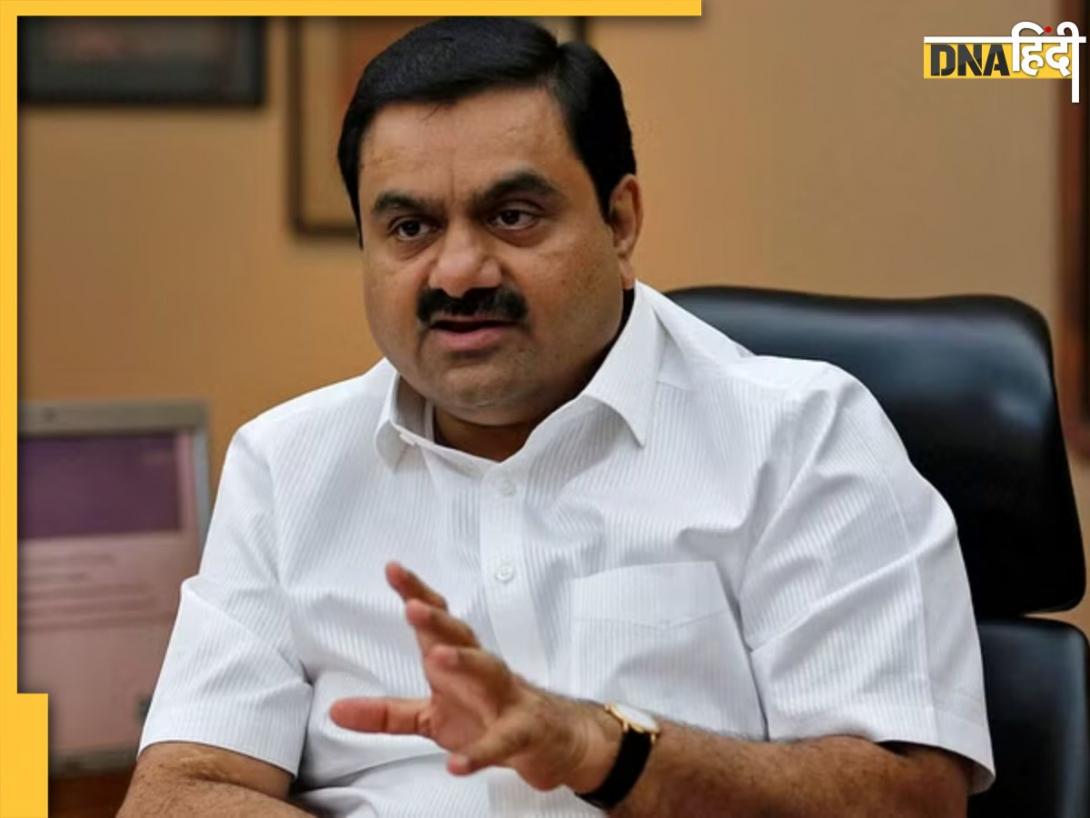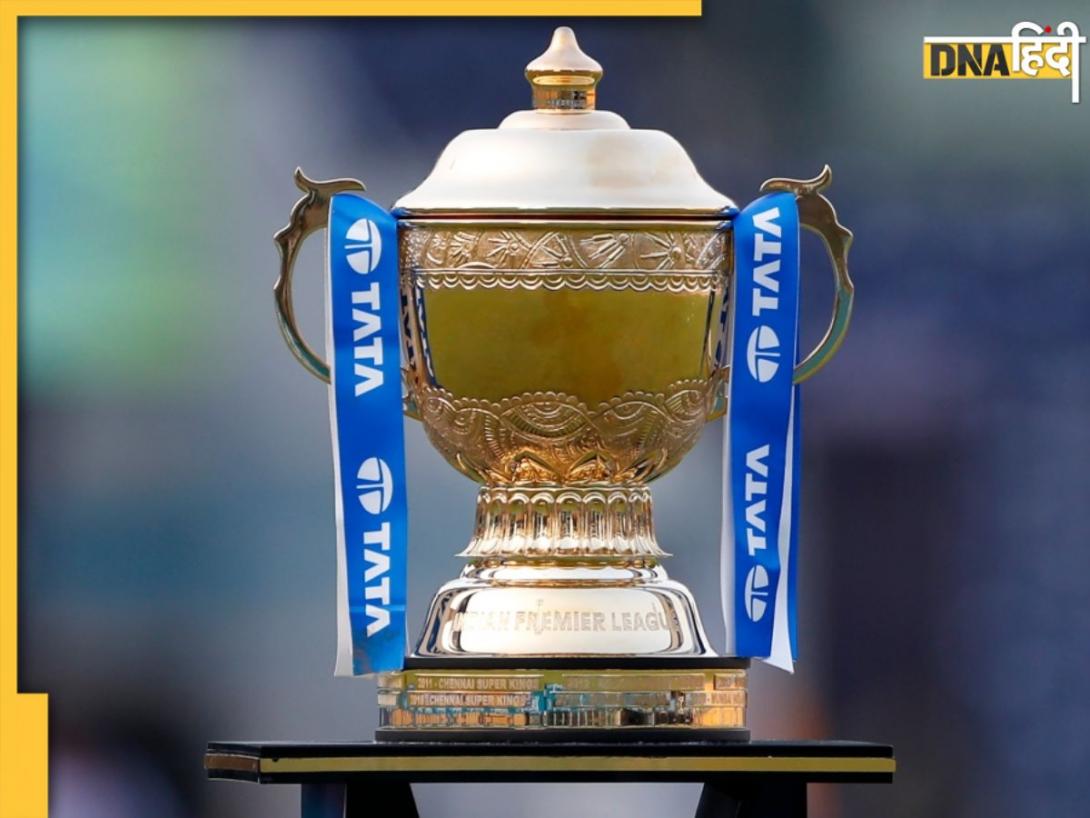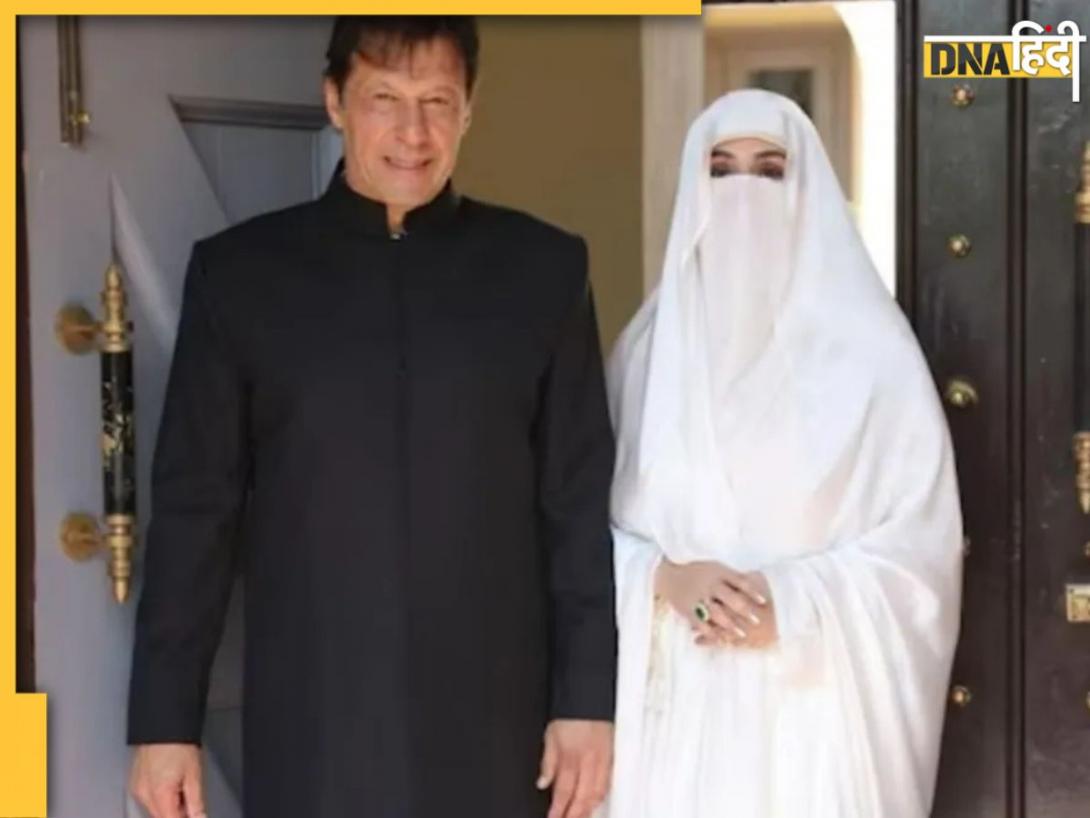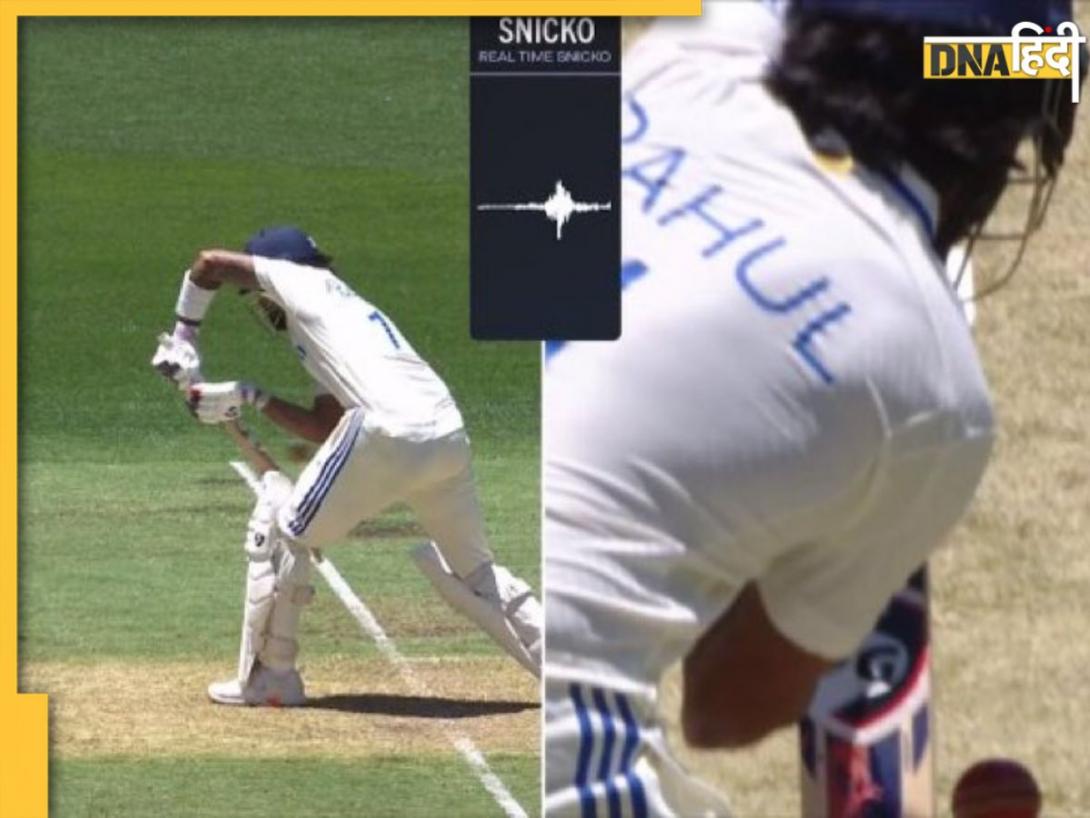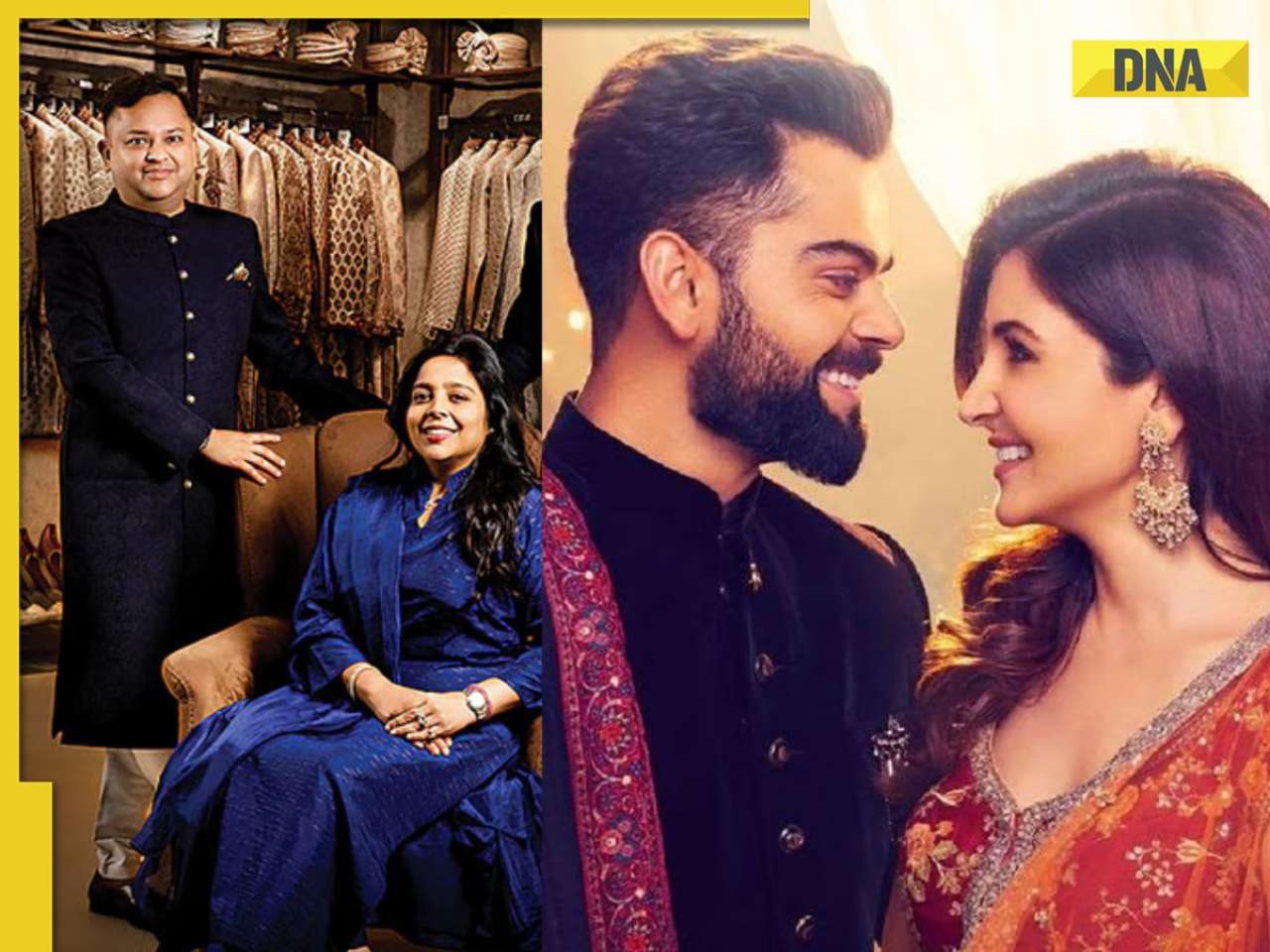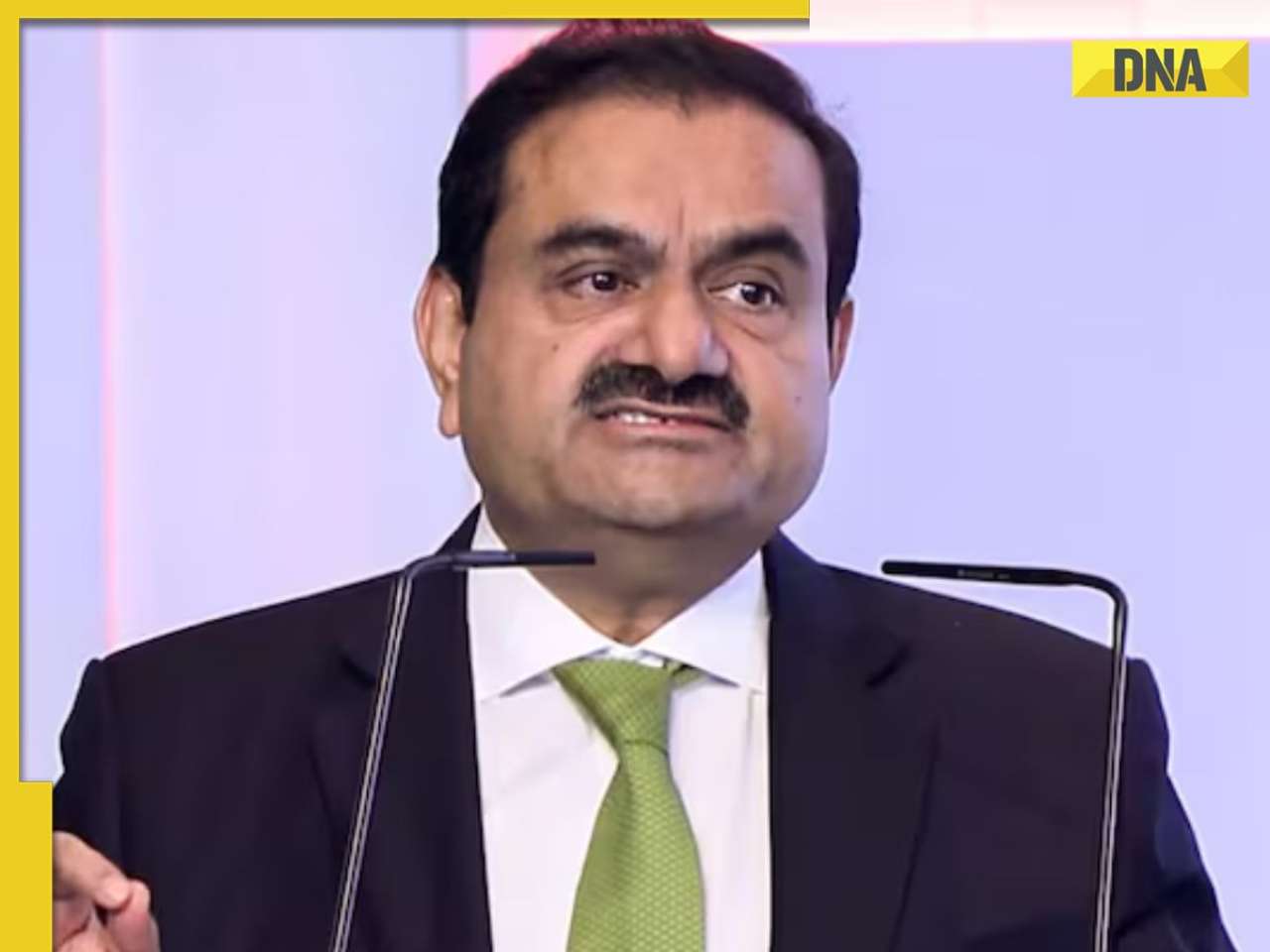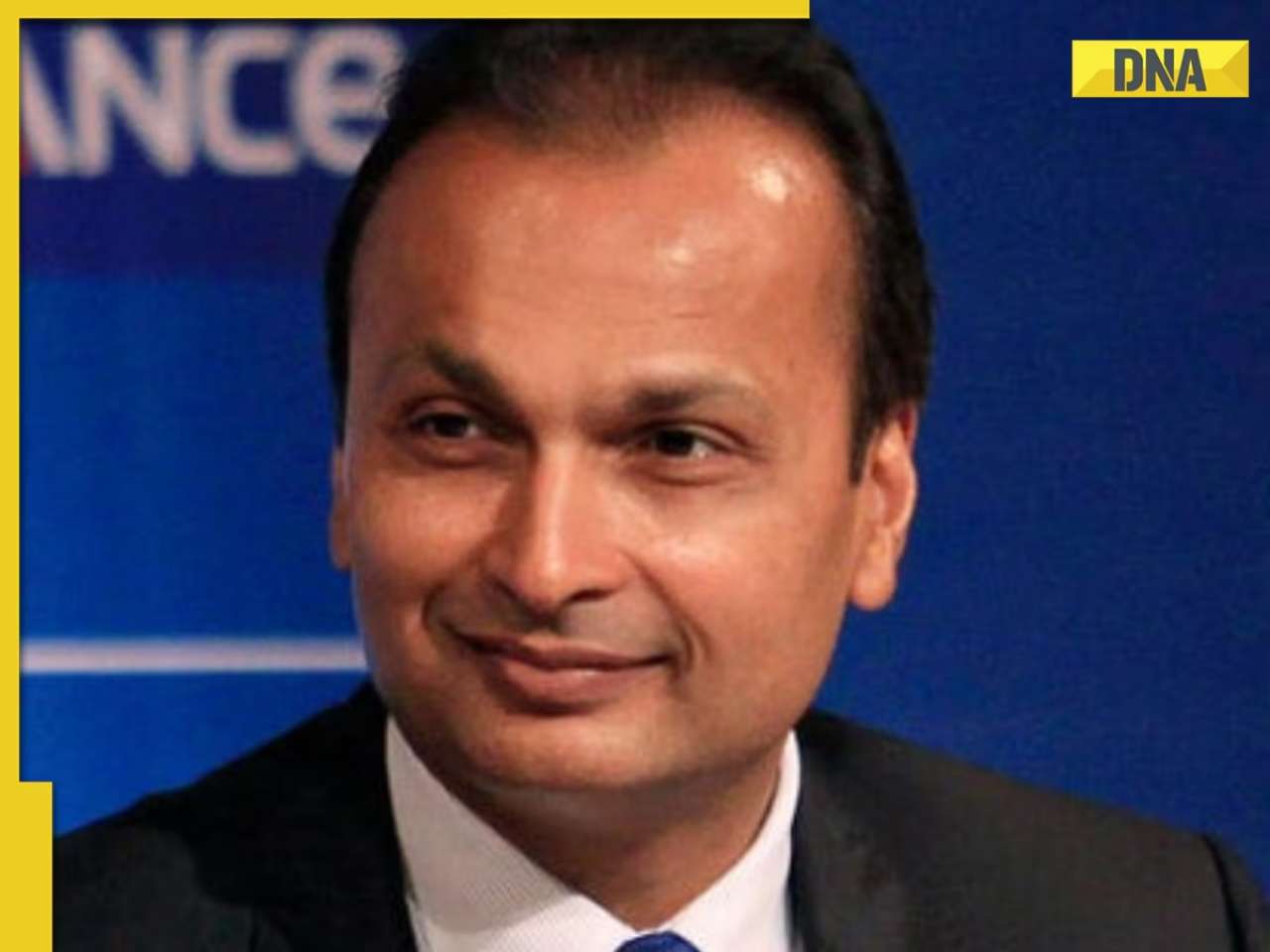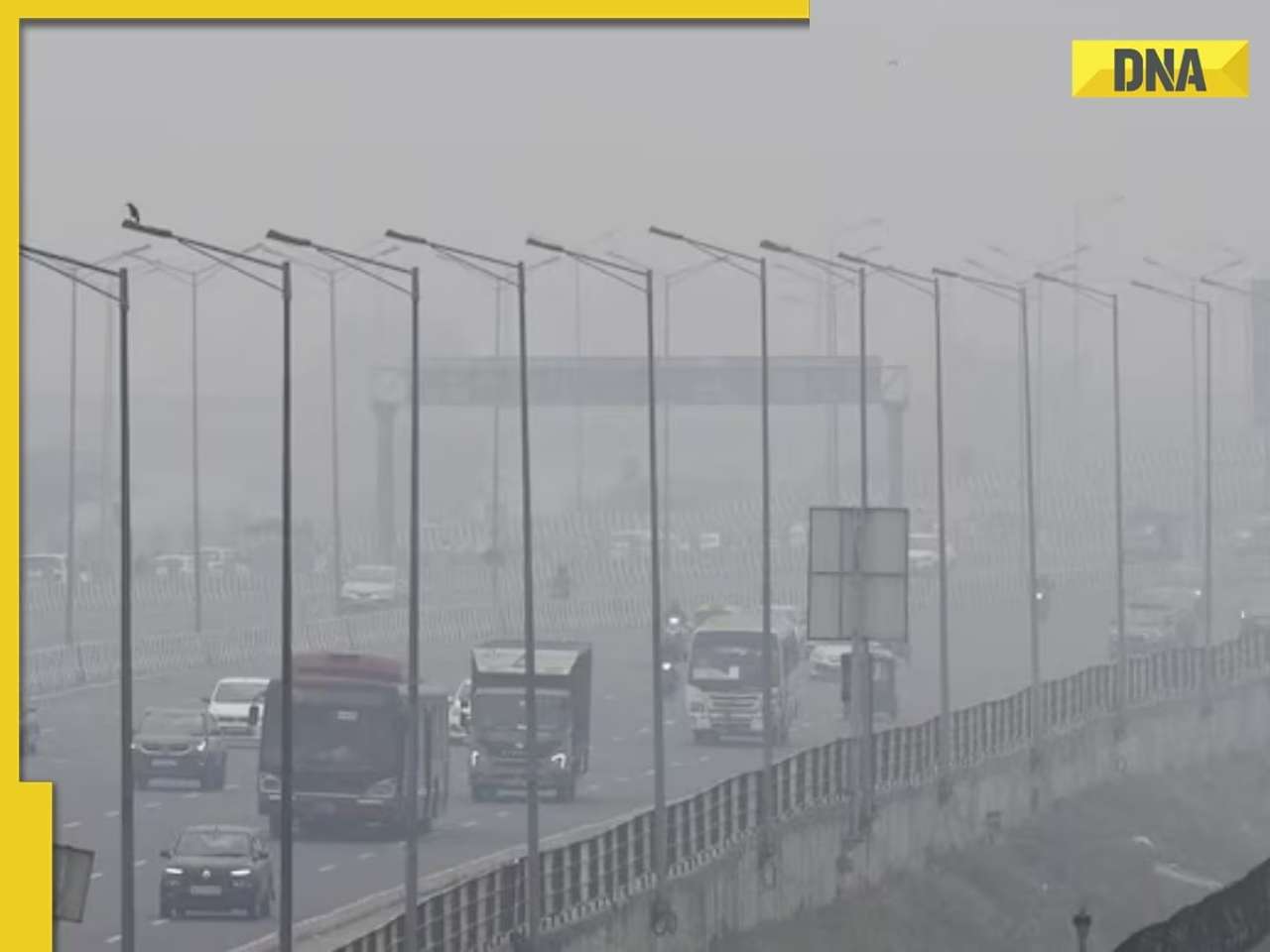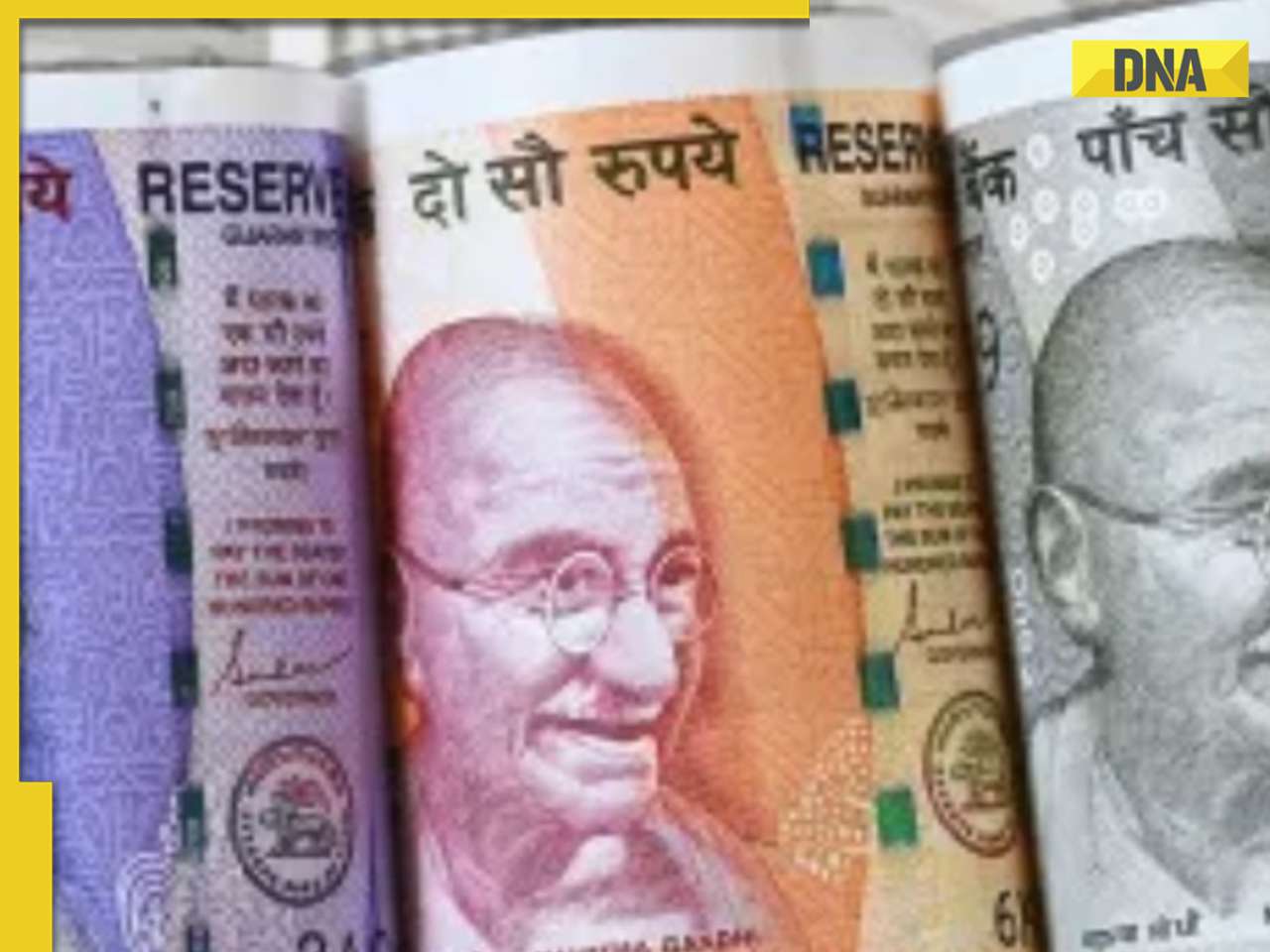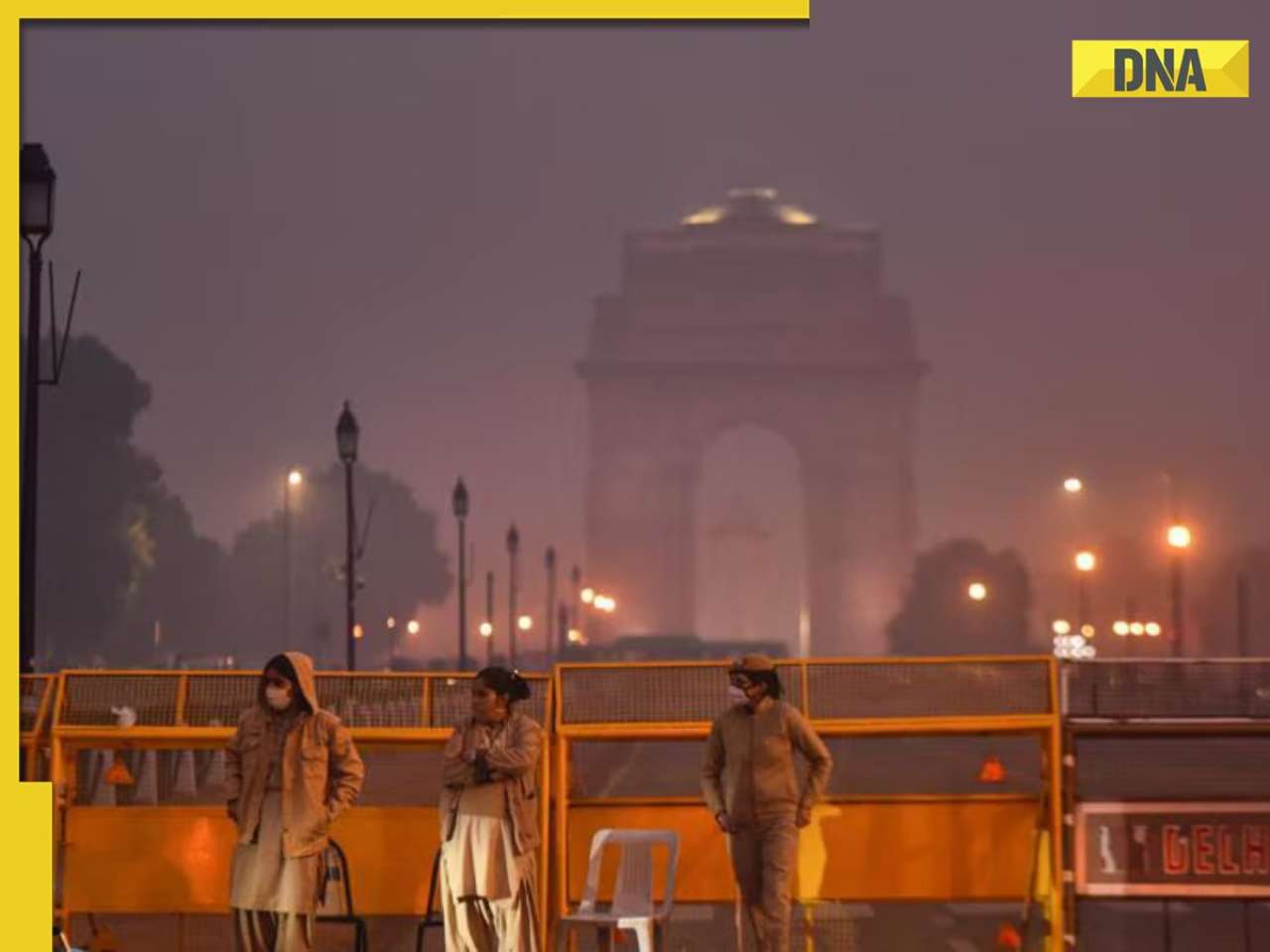- LATEST
- WEBSTORY
- TRENDING
BOLLYWOOD
Kaalakaandi’s story comes from a news snippet, says Akshat Verma
Akshat Verma, who turns director with the black comedy, on his fascination for quirky tales, setting them in big cities and finding his true calling
TRENDING NOW
Akshat Verma shot into the limelight seven years ago with Delhi Belly. Thanks to its whacky humour and unconventional plot, the film was a welcome change for cinegoers. However, rather than jumping onto the bandwagon, Verma, who had penned its story and screenplay, decided to go slow and steady. Now, he is back with Kaalakaandi, which also marks his foray into direction. Starring Saif Ali Khan and an ensemble cast including Deepak Dobriyal, Vijay Raaz, Neil Bhoopalam, Kunaal Roy Kapur, Akshay Oberoi, Shenaz Treasury, and Sobhita Dhulipala, it revolves around three stories set over a course of one night. In a tête-à-tête, the writer-director talks about being inspired by newspaper clippings and why filmmaking is like gambling.
Why did it take you so long to be back with another film?
The way some projects come together is not in your hands. I would prefer working at a much higher frequency. If I could put together a movie every year, I would. But there are so many moving parts to how a film is set up. The primary part is getting the script done. But then, you have to attach a financier, producer and actors. As and when that happens, the project takes shape. Sometimes, despite all these factors coming together, things fall apart. Cinema is as unpredictable a business as any. It’s not a nine-to-five job where you check in every day and stuff happens. It would be nice if it was like that, actually. Kaalakaandi also had a chequered past in terms of how it came together, fell apart and finally happened.
What prompted you to don the director’s hat with Kaalakaandi?
I always intended to write and direct. It’s a matter of how you can make that happen by negotiating with people and bringing them on board to believe in you. Filmmaking is a faith-based enterprise. In the beginning, you are the only one who has any faith in yourself or in the project, then it’s a matter of convincing everybody else to have that degree of belief. Even when you step into direction, it’s the same thing. First, you convince people about the writing and then on how you can execute it with a certain level of technical and emotional finesse.
How did you get the idea for Kaalakaandi?
Its essential core comes from a newspaper snippet that I saw many years ago in the Los Angeles Times. I usually cut out these clippings and paste them in a book because real life seems to be stranger than fiction. You never know when you can take these bits and pieces, connect them and make something happen. This was just sitting in my notebook. After Delhi Belly, I was thinking about what I should do next, when this came to my mind. You start teasing a story out to see where it will go. This one just began to flow.
Over the last seven years, the audience’s tastes have changed as they have been exposed to a wide range of content. Do you think they will receive a black comedy like Kaalakaandi better now?
I’m about to find that out myself, which I think is the reason behind my nervousness. Until the audience and the film collide, you don’t know whether they are going to get along or not. As a director, you do what is true to the characters, and you tell their story. Whether it finds an audience is something that no one can predict. That’s why this business is like gambling. Certainly, the landscape has changed in terms of what and how the viewers are consuming. Today, we have access to streaming services and there has been an explosion in the kind of stories even we are telling domestically. So, the parameter of what is acceptable has broadened.
While Delhi Belly was set in the capital, your forthcoming film is based in Mumbai. How do these cities represent the internal chaos of the on-screen characters?
The DNA of large cities in the world is the same. City dwellers are united by the fact that they reside in metros. Ninety per cent of all metropolises, which have a few million people, are constructed in a similar way, including the energy that they possess and the way they are. The difference between Delhi and Mumbai is that the former has room to expand and grow into a vast, spread out city. The latter, on the other hand, is more packed, so it engenders a different kind of energy. As a result, you can’t buy your privacy. You may reside in a fancy building but when you step out, people from diverse backgrounds and classes will interact with each other. The paths of two people — one who is driving a Mercedes, the other riding a scooter will cross. And this is what gives Mumbai certain fission, the forced contact that brings us together and makes it so much more interesting. In many places, the rich can insulate themselves but in Mumbai, you can’t get around, which is lovely. So, in a way, it is a more egalitarian city.
Was it difficult to handle an ensemble cast in your directorial debut?
Saif was the first person to come on board. But when I sent the script out to people who were on top of my list, everyone agreed almost immediately. Once things started to flow, the dominoes fell rather quickly. In a way, the universe compensated for putting me through hell (laughs). It was a challenge to orchestrate stuff, but that’s normal for any film. We worked hard and shot within 42 days, which is pretty quick for a film in India because here, we tend to have longer schedules.
How do you perceive the business of cinema right now especially with so many avenues?
I hope these multiple channels provide a sense of adventure in terms of the kind of stories that we want to tell. And that will happen for sure. There is a lot of talent that’s not getting the avenues to showcase its prowess. These channels give them that opportunity.
How did you make your transition from being a journalist to a copywriter to a writer-director?
Journalism was fascinating. It was non-fiction but there was a sense of drama and storytelling in it. Then, I became a copywriter. I was jumping to whatever jobs that would pay my bills and help me do what I enjoyed the most — which was writing. It was a good training ground and a long drawn-out journey, but I was always headed in this direction.
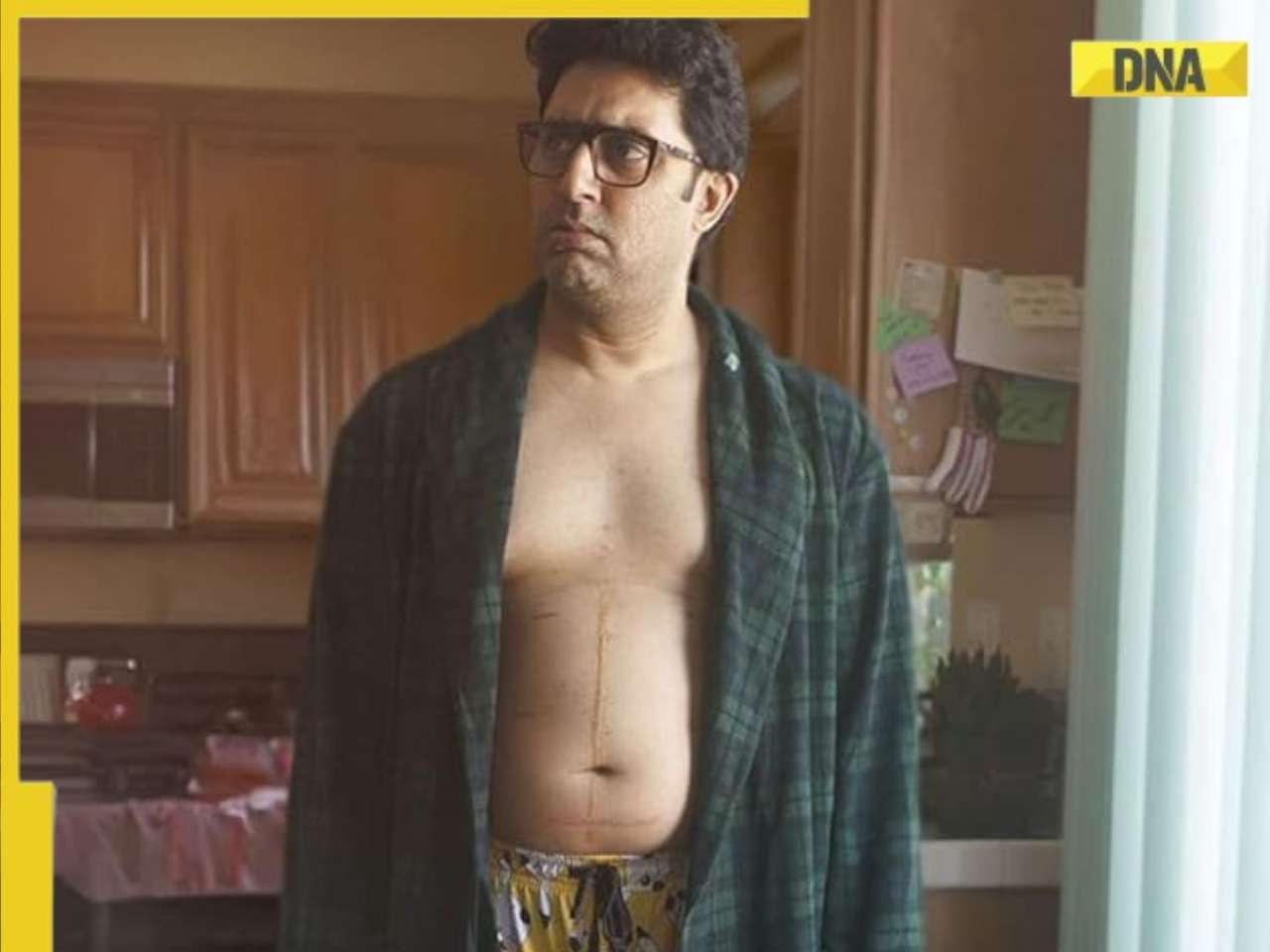
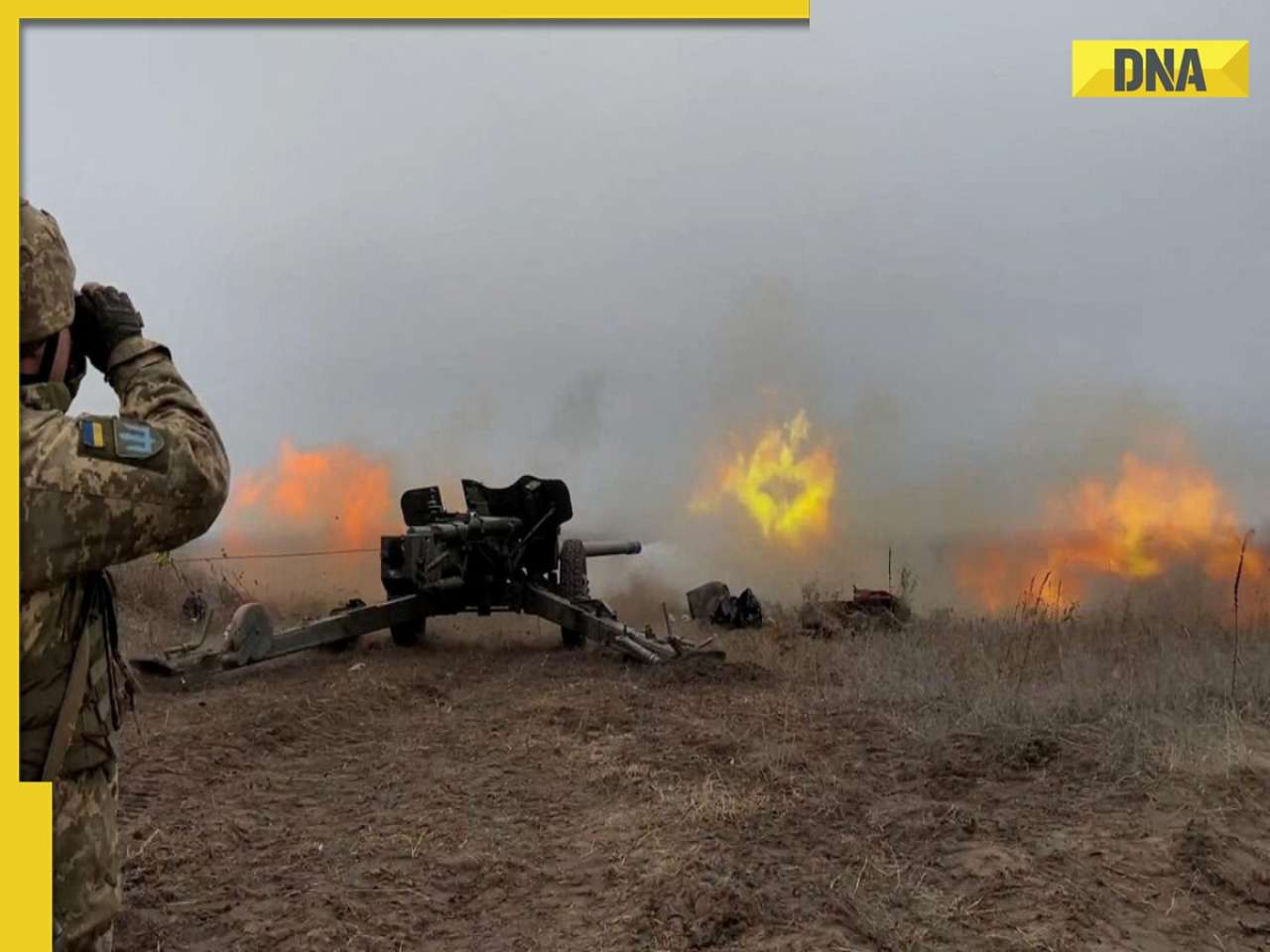
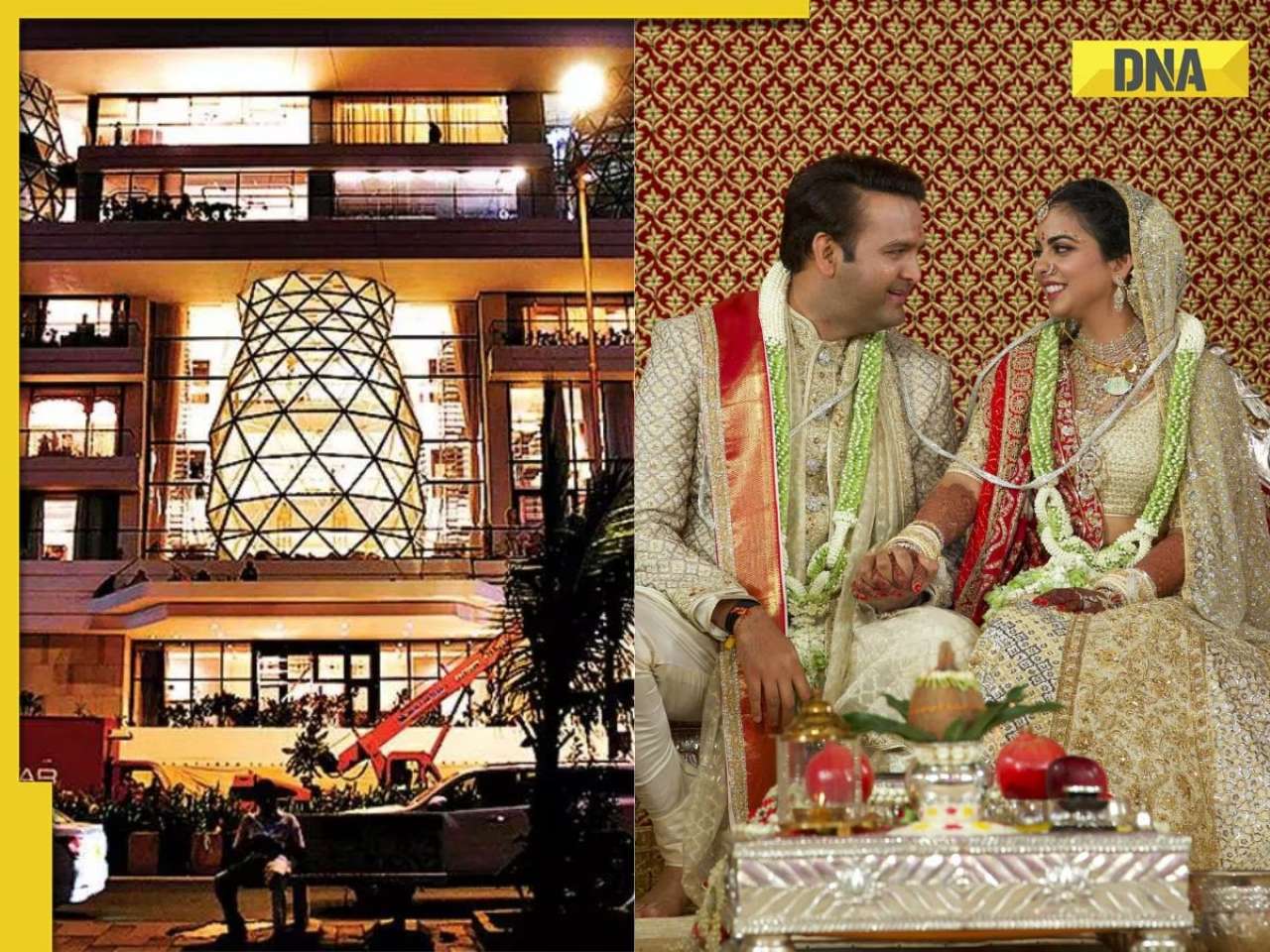




)
)
)
)
)
)
)
)
)
)
)
)
)
)
)
)





